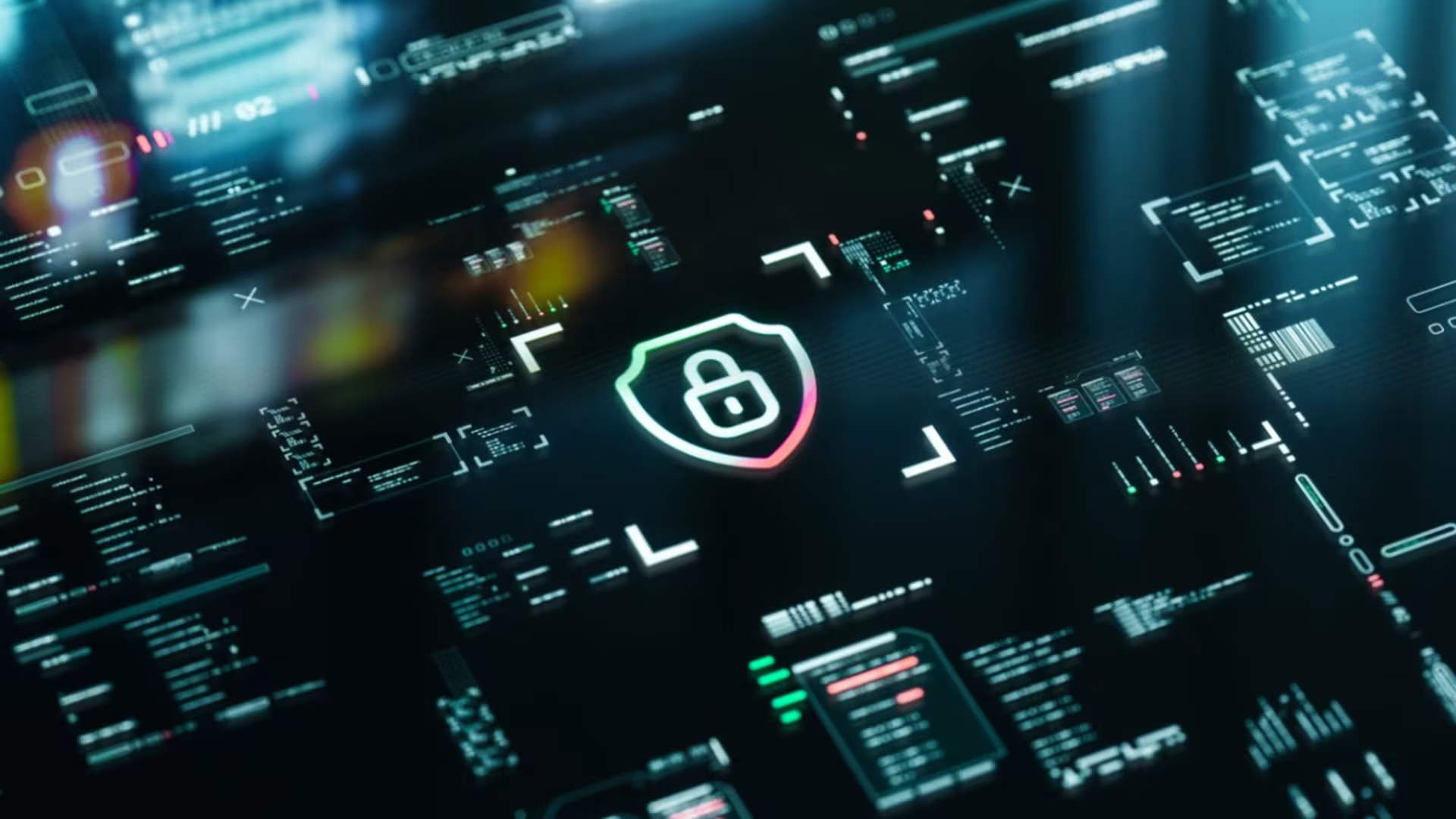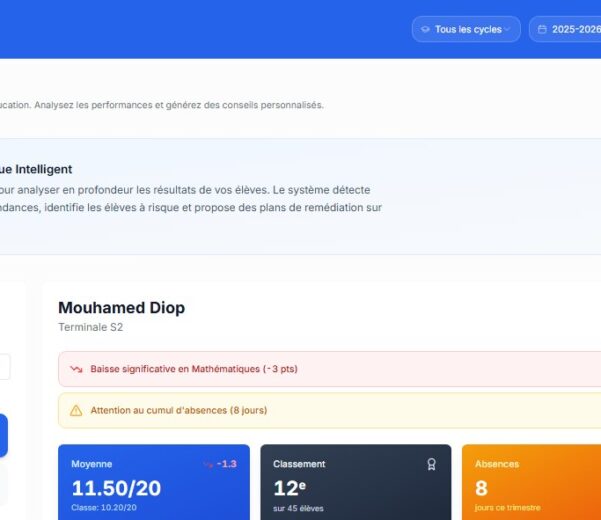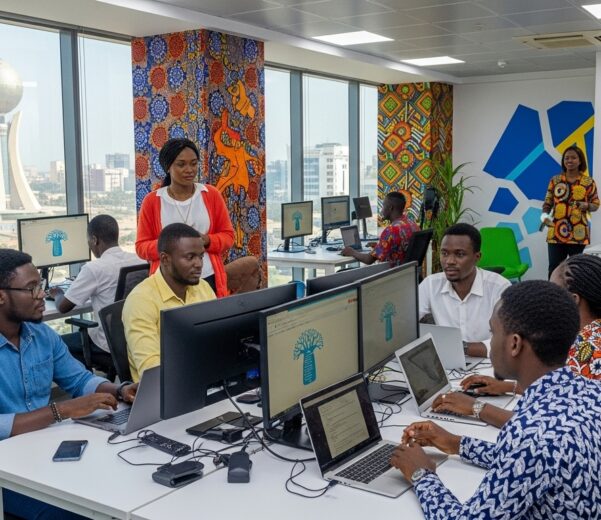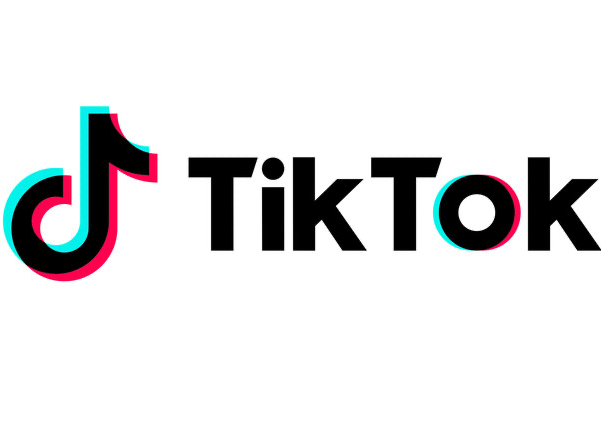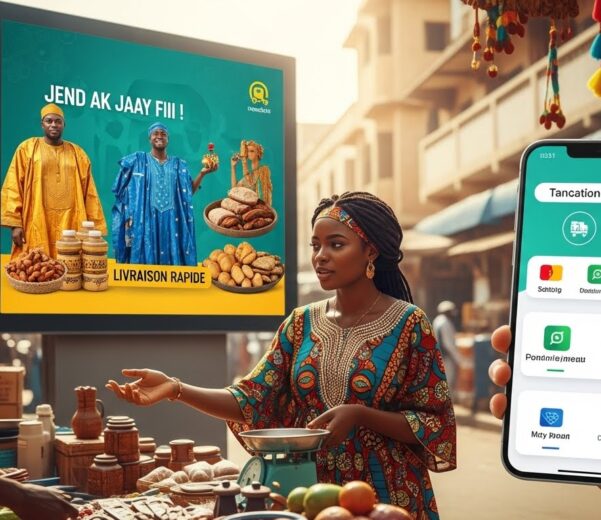In today’s world, the internet is your best friend and sometimes your biggest risk. As an African entrepreneur running a business online or using digital tools, you’re not just managing customers and sales you’re also responsible for protecting sensitive information. Unfortunately, many startups and small businesses overlook cybersecurity, thinking it’s only a problem for big companies. The truth is, small businesses are often the easiest targets and the least prepared. So, how can you protect your digital assets without being a tech expert? Let’s break it down.
1. Why cybersecurity matters
Imagine waking up one day and finding your business email hacked, your website defaced or your customer data stolen. That’s not just a headache it can destroy trust, cost you money, or even shut down your operations. In Africa, where digital adoption is growing rapidly but cybersecurity awareness is still catching up, the risk is real. From scams on WhatsApp to fake websites, hackers are getting smarter every day.
“I lost access to my business Instagram account because someone sent me a fake verification link. I had no idea it could happen that fast.” Ahmed, entrepreneur in Nigeria
2. Common threats African entrepreneurs face
- Phishing scams: Fake emails or links pretending to be banks, partners, or platforms like PayPal or Facebook.
- Weak passwords: Many people still use “123456” or the name of their business as a password.
- Public Wi-Fi traps: Free internet in cafés or public spaces can be used by hackers to steal your login info.
- Malware & ransomware: Software that infects your device and locks or steals your files until you pay a ransom.
- Social engineering: Hackers pretending to be trusted contacts to trick you into sharing information.
3. 5 Easy steps to boost your cybersecurity
You don’t need a cybersecurity degree just some good habits and simple tools. Here’s what you can do today:
1. Use Strong, Unique Passwords
- Avoid using the same password for everything.
- Use a password manager like Bitwarden or LastPass to generate and store complex passwords.
- Change passwords regularly especially for emails and social media.
2. Enable two-factor authentication (2FA)
- This adds an extra step to your logins (like a code sent to your phone).
- Activate 2FA on Gmail, Facebook, WhatsApp Business, and your online banking apps.
3. Back up your data
- Use Google Drive, Dropbox, or external hard drives.
- If your data is ever lost or stolen, you can restore it easily.
4. Educate your team
- Train your staff (even if it’s just one assistant) to avoid suspicious links and emails.
- Make cybersecurity part of your company culture.
5. Keep software updated
- Always update your apps, browsers, and operating systems.
- Most updates fix security flaws hackers can exploit.
4. Tools to help you stay safe
- Antivirus: Avast or Kaspersky Free
- Firewall: Built-in in most modern laptops and routers
- Email Security: Use Gmail’s spam filter and avoid unknown attachments
- VPN: Tools like ProtonVPN can protect your connection on public Wi-Fi
5. Real-world example: Small mistake, big Lesson
A young entrepreneur in Senegal had her business email hacked. The attacker sent fake invoices to clients and she lost two contracts before realizing what happened. The fix? A stronger password and 2FA could’ve prevented it.
Cyber threats might sound scary but they’re manageable with the right habits. As an African entrepreneur, your digital presence is part of your brand. Taking cybersecurity seriously isn’t just smart it’s a responsibility. And like most good things in business, protection starts small: a stronger password, a quick team training, a simple backup system. Jangaan Tech help African businesses like yours stay protected and grow with confidence in the digital world.

